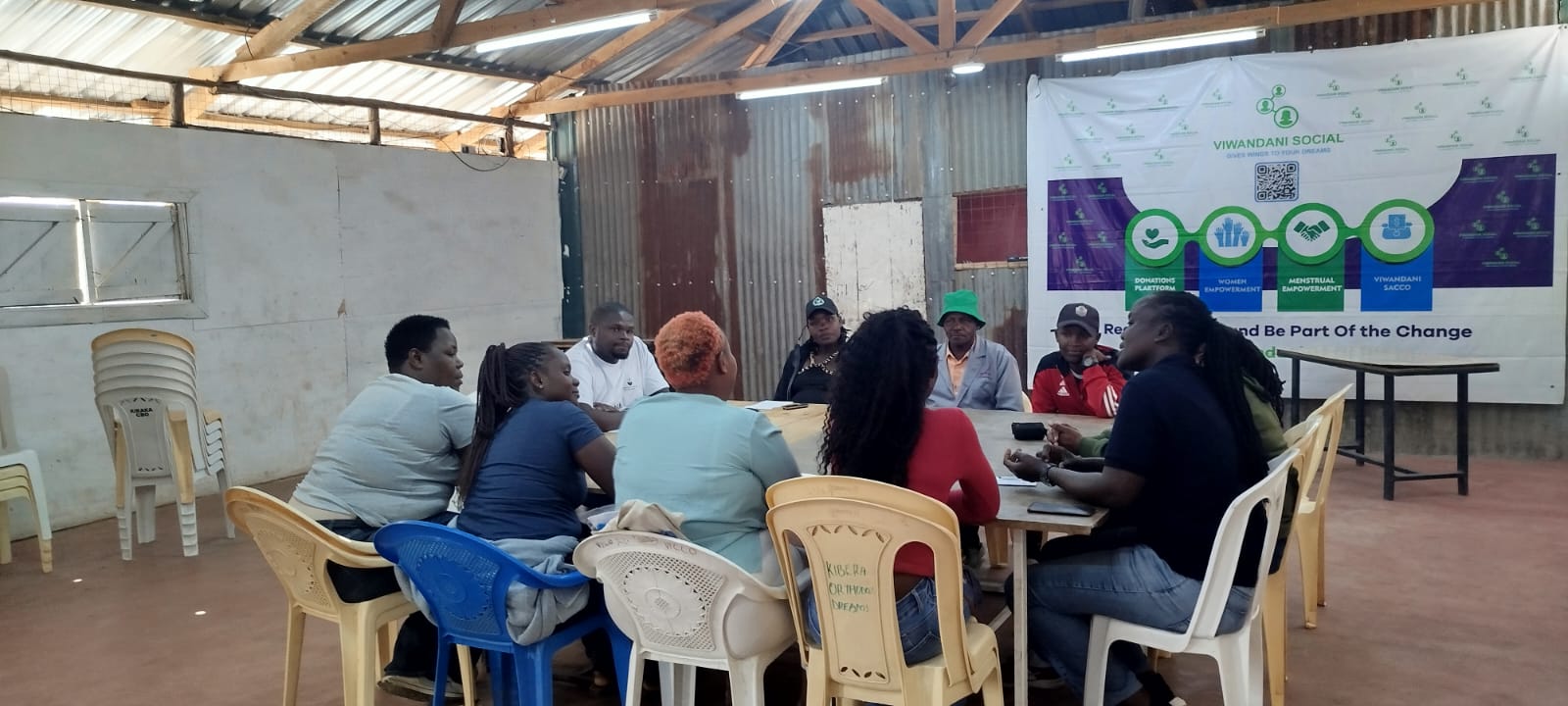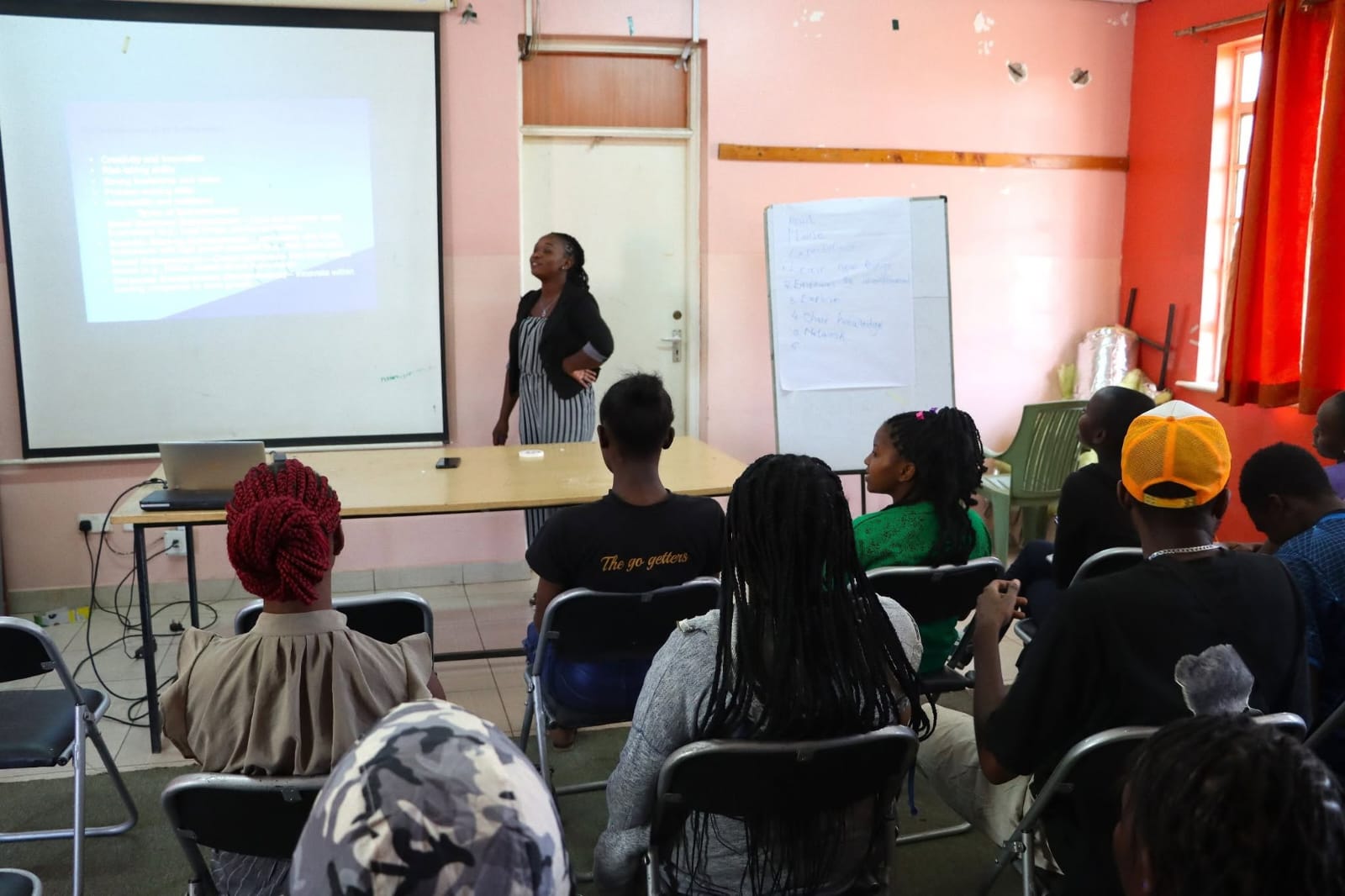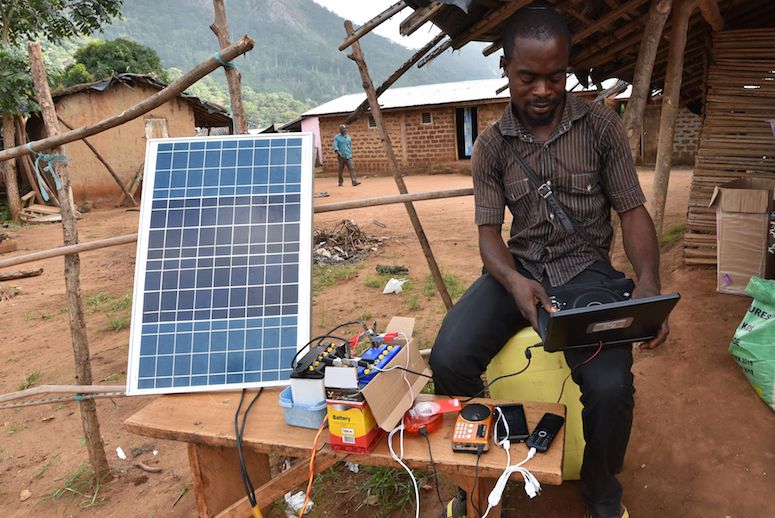FALSE: Photo does not show the drought situation in Embolioi, Kajiado County, in October 2022
FALSE: This video does not show the situation on Nairobi’s Lang’ata Road on 19 July 2023
The video was taken on 12 July 2023 at Wote in Makueni County during anti-government protests.

This Facebook post claiming to show violent scenes on Lang’ata Road in Nairobi on 19 July 2023 is FALSE.
The post further warns motorists to avoid the road, claiming that three protesters have been shot dead after burning the Lang’ata Police Station.
A video attached to the post shows protesters chasing police officers. Blasts are heard in the background as some officers hop onto police vehicles and drive away while others run to safety.
Is it true that the video was recorded on Lang’ata Road in Nairobi? We checked.
After performing a keyword search on YouTube, we established that media houses shared the original video on 12 July 2023, as seen here and here. According to one of the media houses, the footage was recorded in Wote, Makueni County, after protesters overpowered anti-riot police. The incident happened during anti-government protests on 12 July 2023.
The post claiming that the incident happened on 19 July 2023 is, therefore, false. No credible media house has reported that three people were shot after burning down Lang’ata Police Station.
Kenyans took to the streets on 19 July 2023 to protest against the cost of living and the tax hikes. Media reports indicate that six people died during the protests, and several others were arrested. Protesters hurled stones at the police and burnt tyres to block roads. Wednesday, 19 July 2023, is the first day of a three-day series of protests, which are expected to go on until Friday, 21 July 2023, as announced by the opposition coalition — Azimio la Umoja-One Kenya Alliance.
PesaCheck has looked into a Facebook post claiming to show a video of the situation on Lang’ata Road on 19 July 2023 and found it to be FALSE.
This post is part of an ongoing series of PesaCheck fact-checks examining content marked as potential misinformation on Facebook and other social media platforms.
By partnering with Facebook and similar social media platforms, third-party fact-checking organisations like PesaCheck are helping to sort fact from fiction. We do this by giving the public deeper insight and context into posts they see in their social media feeds.
Have you spotted what you think is fake or false information on Facebook? Here’s how you can report. And, here’s more information on PesaCheck’s methodology for fact-checking questionable content.
This fact-check was written by PesaCheck fact-checker Naomi Wanjiku and edited by PesaCheck senior copy editor Cédrick Irakoze and acting chief copy editor Francis Mwaniki.
The article was approved for publication by PesaCheck managing editor Doreen Wainainah.
PesaCheck is East Africa’s first public finance fact-checking initiative. It was co-founded by Catherine Gicheru and Justin Arenstein, and is being incubated by the continent’s largest civic technology and data journalism accelerator: Code for Africa. It seeks to help the public separate fact from fiction in public pronouncements about the numbers that shape our world, with a special emphasis on pronouncements about public finances that shape the government’s delivery of Sustainable Development Goals (SDG) public services, such as healthcare, rural development and access to water/sanitation. PesaCheck also tests the accuracy of media reportage. To find out more about the project, visit pesacheck.org.
PesaCheck is an initiative of Code for Africa, through its innovateAFRICA fund, with support from Deutsche Welle Akademie, in partnership with a coalition of local African media and other civic watchdog organisations.







